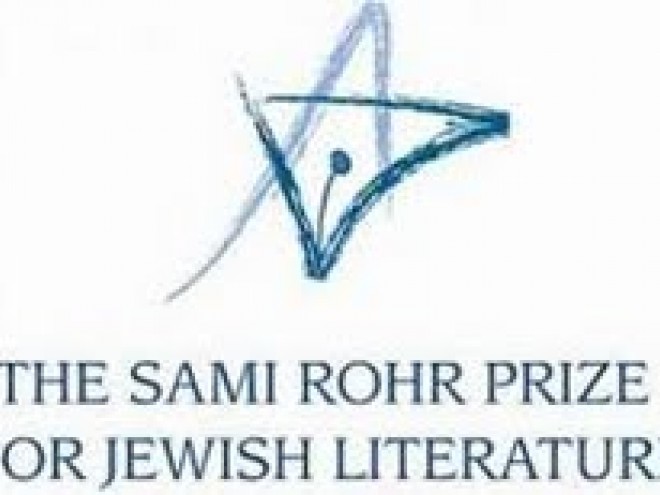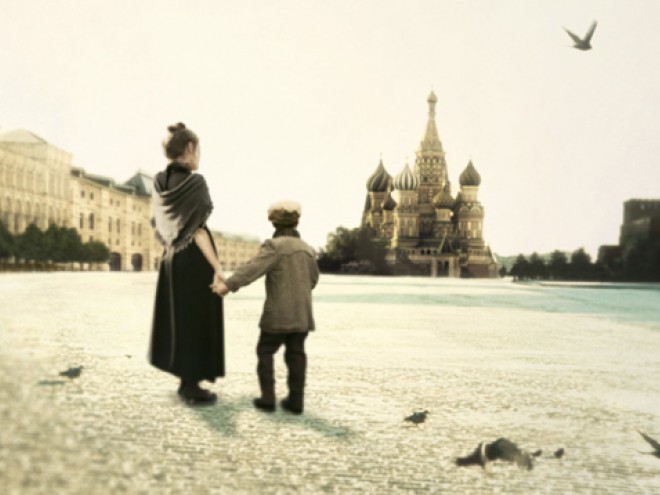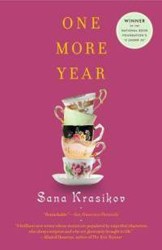What does it mean to be a patriot? A Soviet? An American? A Jew? In her debut novel, The Patriots, Sana Krasikov asks these questions over the course of three generations of migration, misalliance, and memory.
The Patriots opens with Florence Fein, a young Brooklynite struggling to find meaning and independence during the Great Depression. A short-lived relationship with a foreign engineer, Sergey, and a shaky scaffolding of Revolutionary fervor propel her to Russia. Arriving in a rather different socialist reality than the one of which she dreamed, Florence chooses — motivated by shame, and perhaps also by a desire to vindicate her idealism — to remain. She makes do with a translation job, and settles down with a bright-eyed optimist from the Lower East Side, Leon Brink. Soon, however, staying in the Soviet Union becomes no longer optional but mandatory, as American citizens are stripped of their privileges and passports. Florence’s world — and that of her closest friends and family in her new home — unravels as the Soviet state tightens its death grip.
A generation later, Florence’s son Julian emigrates to America, escaping Soviet Jewish quotas and shut doors. His son Lenny returns as an adult, “a cowboy on the frontiers of private enterprise,” seeking financial opportunity and something more. As Julian tries to extract Lenny during a business trip, he, too, becomes trapped in a corrupt crony scheme and an attempt to retrieve archival interrogation papers from his mother’s arrest. Krasikov adeptly tells these complicated stories of a family and a country in parallel, inviting the reader to understand the development (or stubborn inertia) of the characters through decisions of trust, deception, loyalty, and survival.
Formidable in weight and length, this epic is a massive theoretical and literary undertaking for Krasikov. One More Year, Krasikov’s 2008 short story collection,revolves around the experiences of Soviet immigrants, but the impact of the Soviet system’s impact is revealed in personal psychoses, gestures, and remarks. In The Patriots, however, Krasikov is wildly, bravely ambitious in reconstructing the institutions — NKDV, Foreign Currency Office, OVIR, SovInformBuro — of the Soviet and post-Soviet state and exploring their interactions within private lives. Diplomatic episodes — such as the abandonment of American citizens in Russia — are related in a manner painstakingly historic, sarcastic, and poetic. The world of 2008 (and later) leaks in, with mentions of “little Bush,” MEMORIAL (a Moscow-based civil rights society), and the acknowledged truth that in Putin’s Russia, it’s “a few years of so-called freedom and they turn the screw tight again.”
The Patriots is a novel of a historical fiction that threatens to catch up with the contemporary reality. Krasikov has composed a work of beautiful prose, sharp psychological insight, and a great sensitivity for the nuances of national identity in migration. Now more than ever, it is a crucial read.





